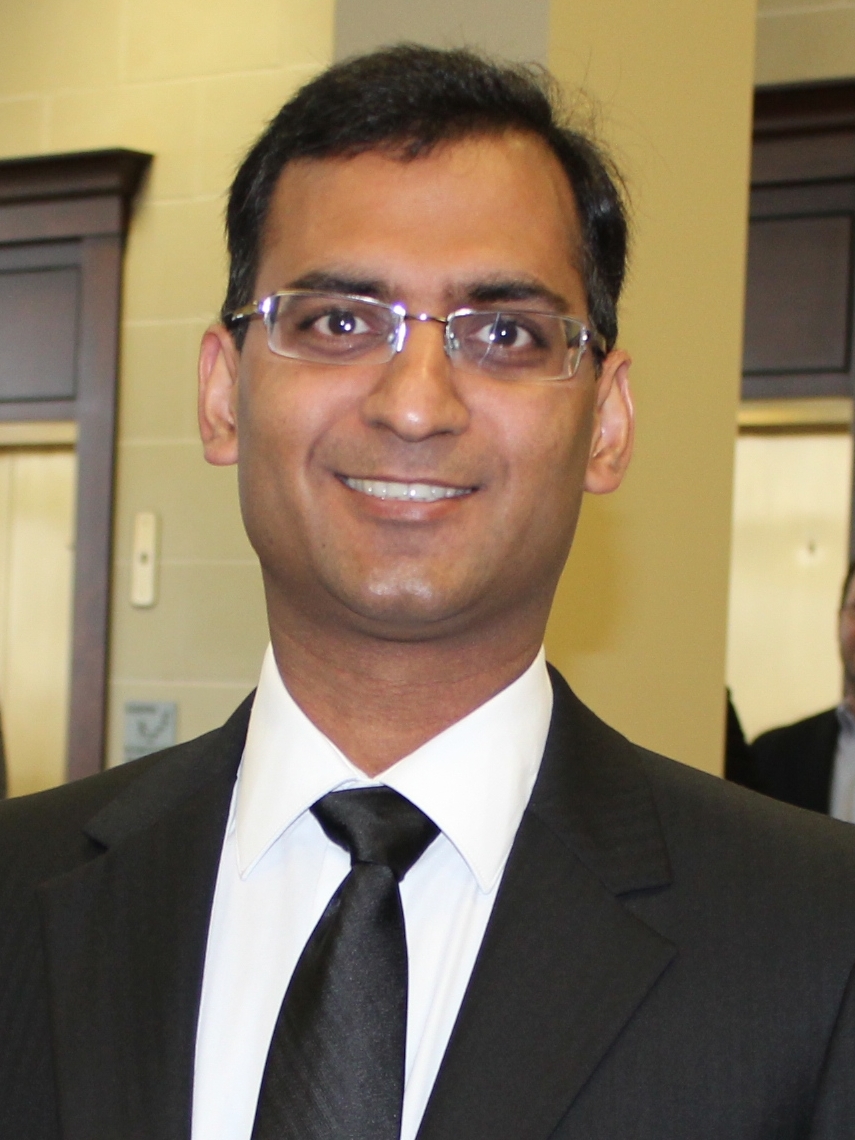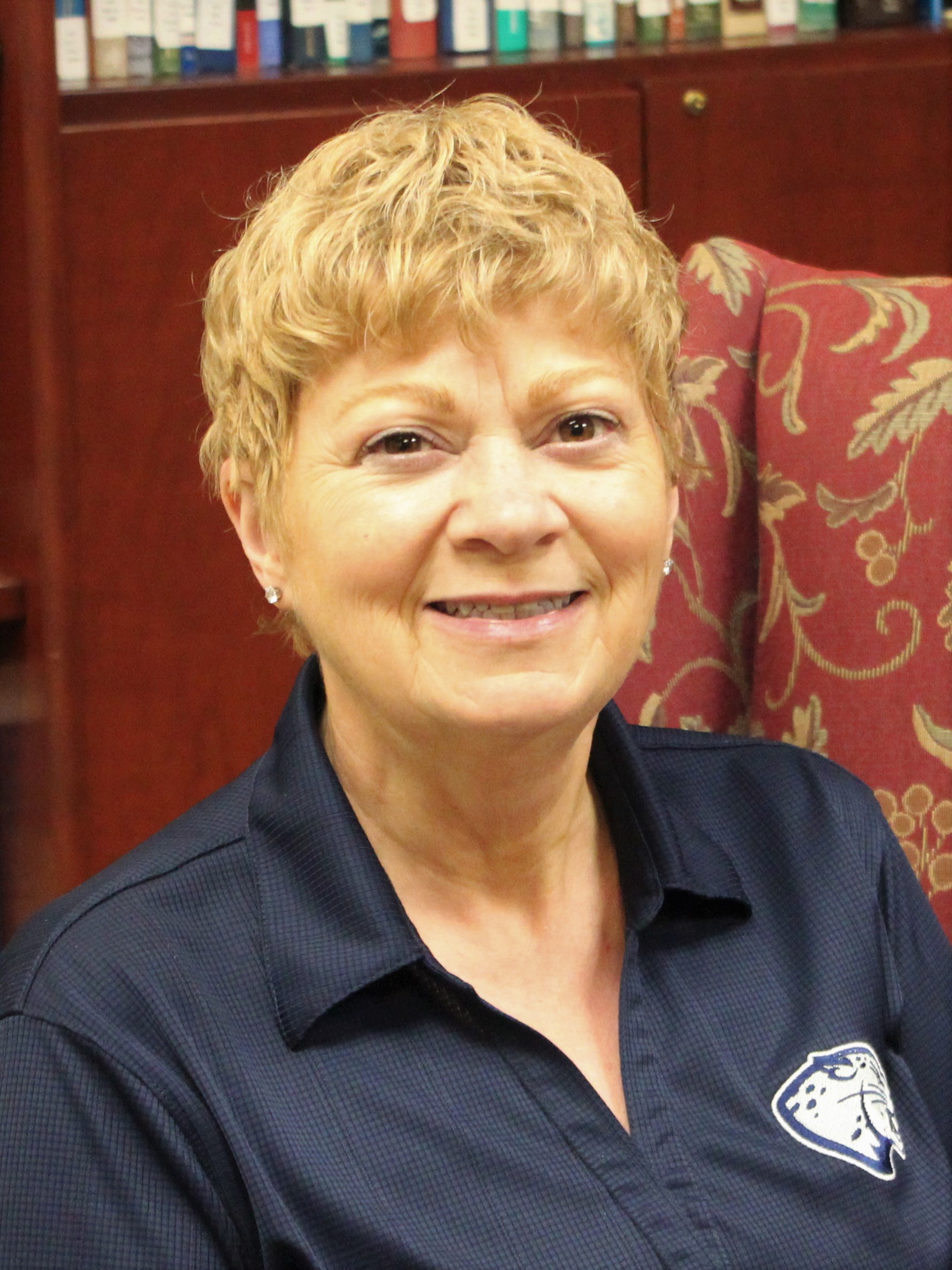
- Augusta University
- Colleges & Schools
- Medical College of Georgia
- Anesthesiology
- Critical Care Fellowship
Critical Care Fellowship
General Information
The ACGME-accredited Anesthesiology Critical Care Fellowship Program accepts two fellows each year on a competitive basis. We also offer a critical care position for a fellow who trains in anesthesia and emergency medicine. The 12-month fellowship program trains board-eligible anesthesiologists in all aspects of care for the critically ill and injured surgical patient.
Additional clinical experience is offered in infectious diseases and renal replacement therapy. The curriculum is infused year-round with training in ultrasonography, transesophageal and transthoracic echocardiography, lung ultrasound, and the focused assessment with sonography for trauma (FAST) exam. Regularly scheduled simulation experience is also part of the curriculum to enhance the skills you will learn as a fellow.
As a fellow, you will work with critically ill adults and primarily surgical critical care patients. Fellows are responsible for duties ranging from consultation to total patient management. You will also supervise and teach residents and senior medical students in addition to acting as a liaison between the Critical Care Service and other services involved in the care of critically ill patients.
Following completion of the program, the fellows qualify for the American Board of Anesthesiology examination certifying: Added Fellow Qualifications in Anesthesiology Critical Care.
Contact Us
Anesthesiology Critical Care Fellowship
Medical Center, BI 2144
762-375-3871
706-446-0077
Core Curriculum
Fellows are expected to attend and actively participate in all anesthesiology department conferences. They present complex cases at M&M conferences and are prepared to contribute to the discussion of cases presented by faculty. Anesthesiology Critical Care (ACC) fellows are responsible for medical student and junior resident education through daily bedside rounds and direct supervision of care and will also participate as instructors in FCCS workshops.
A publishable research project and/or a grand rounds presentation is expected prior to graduation. Each fellow serves as a member of the Medical Center ICU committee during their fellowship and participates in Quality Improvement projects.
ACC training is provided at the Wellstar MCG Medical Center, the region's only Level I Trauma Center. As a fellow, you will participate in simulation training at the SPEAR Center on a regular basis. Fellows also rotate in the Joseph M. Still Burn Center, the designated Southeast Regional Burn Center and a part of the Georgia Trauma Care Network.
Didactics
- Daily morning and afternoon bedside rounds
- Multidisciplinary Fellows' didactic conference
- Critical care teaching conferences
- Departmental and multidisciplinary grand rounds
- Morbidity and mortality conferences
- Critical care ultrasound workshops
- Fundamental Critical Care Support workshops
Rotations
ACC fellows rotate in several of the ICUs at the Augusta University Medical Center and at Doctor’s Hospital. Specific orientation to each unit will take place during the first few days of the rotation. The individual units and specialty include:
| Surgical/Cardiothoracic ICU | 12 beds | ≈ 7 months |
| Trauma ICU | 12 beds | ≈ 1 month |
| Neuroscience ICU | 10 beds | ≈ 1 month |
| MICU | 10 beds | ≈ 1 month |
| Joseph M. Still Burn Center at Doctor’s Hospital | ≈ 1 month | |
| CT Anesthesia/Echocardiography (elective) | ≈ 1 month |
Electives
Elective rotations include:
- Nephrology
- Infectious disease
- Concentrated training in ultrasound and TEE/TTE
Evaluation
Fellows are evaluated by faculty on a monthly basis with regular written and direct feedback. They also have a bi-annual simulation scenario with multidisciplinary evaluation as a part of the required Milestone evaluations. Fellows meet regularly with the program director to go over their portfolio.
We strictly follow ACGME guidelines to not exceed an 80-hour work week.

Vikas Kumar, MBBS, CHSE
- Program Director

Margaret Eakins
- Program Coordinator